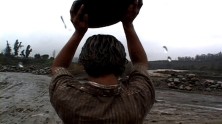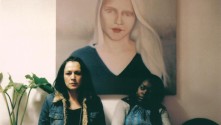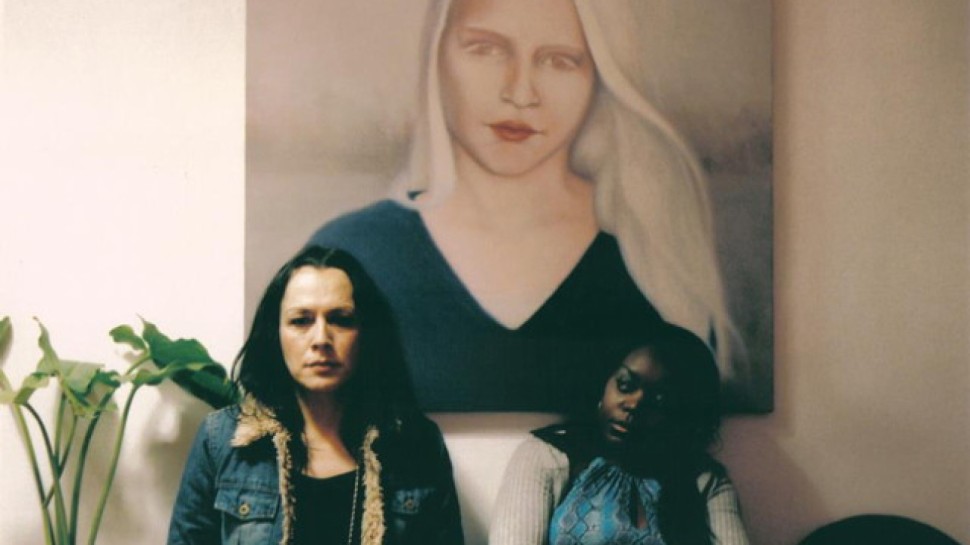

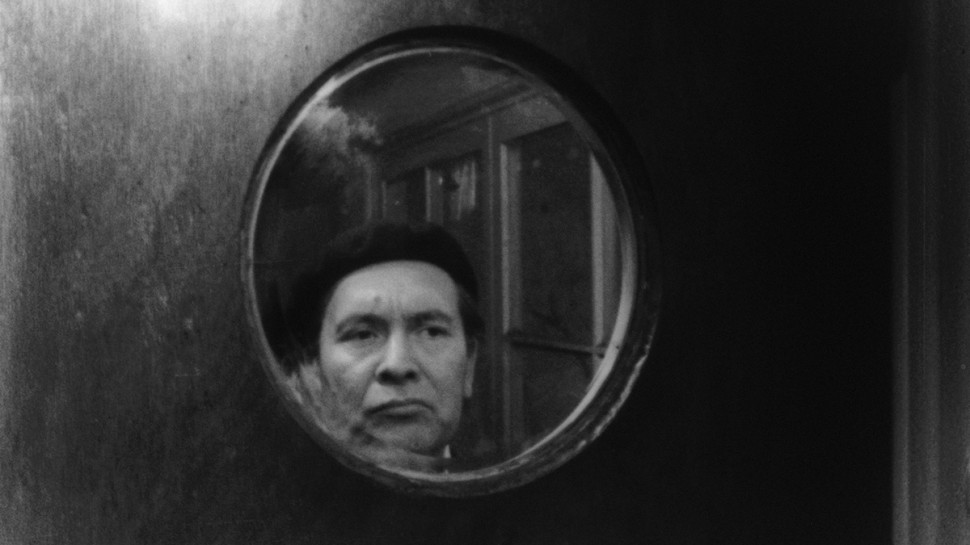
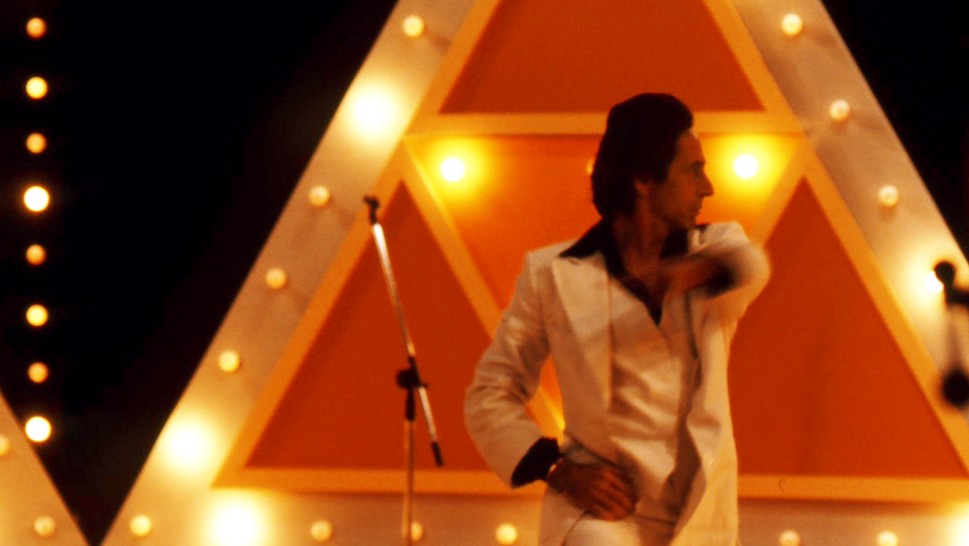
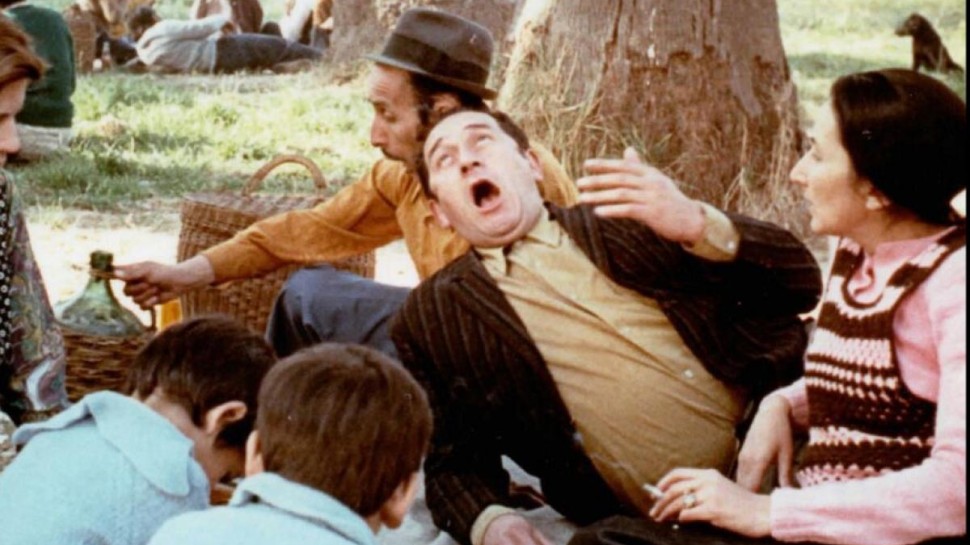
Remapping Latin American Cinema: Chilean Film/Video 1963 – 2013
“Chile es muy difícil de asir porque es metamórfico. / Chile is difficult to grasp because it is metamorphic.” – Raúl Ruiz
Chile’s cinema remains the least internationally known of Latin America’s major cinemas. Often overshadowed by the historically larger and more widely distributed cinemas of Argentina, Brazil and Mexico, the rich history of Chilean filmmaking has also been obscured, paradoxically, by the long history of political documentary to which Chilean cinema is all too often reduced. This program gathers key works from the 1968 period to the early 2000s—many of them largely unseen in the US and some only recently rediscovered—to offer an alternate history of Chilean cinema that traces the dialogue between historical and contemporary cinema and gives special emphasis to overlooked films and filmmakers. Inspired by two classes we taught together in 2020 and 2021—the first designed as a “remapping” of Latin American cinema as a concept, and the second a deep focus on Chilean cinema and video—this program pairs work of the New Chilean Cinema by directors such as Miguel Littín and Carlos Flores del Pino with films of the Novísimo Cine Chileno of the early 2000s to make clear the recurrence, with important differences, of thematic, aesthetic and ideological issues recurrent across this longer span. In addition, the vital yet rarely acknowledged work of woman directors in Chile is highlighted by including films by Valeria Sarmiento, Marilú Mallet, Angelina Vásquez and Alicia Scherson. Our program launches an ongoing initiative entitled “Remapping Latin American Cinema” that will see the Harvard Film Archive and David Rockefeller Center collaborating with Latin American national film archives and film centers to explore new perspectives on filmmaking across the region. – Haden Guest and Dominga Sotomayor





